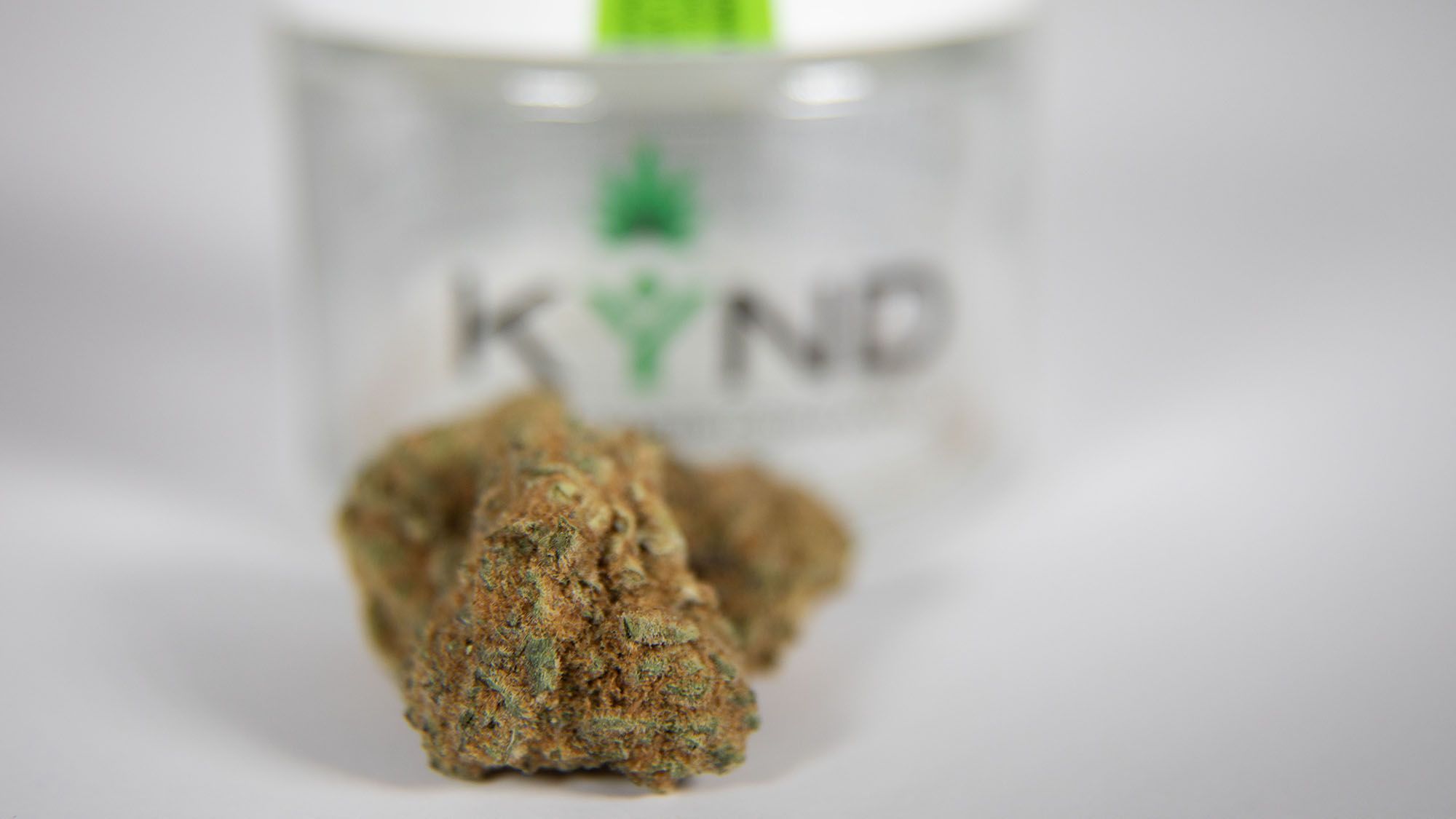As cannabis continues to gain mainstream acceptance, more older adults are turning to it for relief from chronic pain, insomnia, anxiety, arthritis, and other age-related conditions. While the therapeutic potential of cannabis is promising, safe and responsible use is especially important for seniors, who may have unique health needs and medication interactions to consider.
Cannabis affects everyone differently, and age-related physiological changes—such as slower metabolism and altered brain chemistry—can impact how older adults experience cannabinoids like THC and CBD. That’s why starting low and going slow is a golden rule for anyone over 60 exploring cannabis, whether it’s for pain relief, sleep support, or general wellness.
Start Low, Go Slow
Older adults are advised to begin with the lowest effective dose, especially if they’re new to cannabis or trying a new product. Products high in THC can cause dizziness, confusion, or increased heart rate, particularly for seniors. Microdosing or choosing products with a balanced THC-to-CBD ratio may provide therapeutic effects without unwanted side effects.
Choose the Right Product Format
For aging consumers, method of consumption matters. Smoking and vaping may irritate the lungs—especially for those with respiratory conditions. Edibles, capsules, tinctures, and topicals are often preferred by older adults seeking long-lasting, non-inhaled relief. Topicals are especially useful for localized joint pain or inflammation without producing a psychoactive high.
Understand Drug Interactions
Many older adults take multiple medications. Cannabis can interact with drugs like blood thinners, antidepressants, and sedatives. It’s crucial to consult a physician—ideally one knowledgeable about cannabis—before incorporating it into a health regimen. This is particularly important if a senior has cardiovascular issues or cognitive impairment.
Look for Lab-Tested Products
Purchasing from licensed dispensaries ensures that the cannabis product has undergone testing for potency, purity, and safety. Older adults should steer clear of unregulated products, which may contain pesticides, mold, or mislabeled cannabinoid content.
Stay Hydrated and Avoid Mixing with Alcohol
Cannabis can cause dry mouth and dizziness—side effects that are more pronounced in seniors. Staying hydrated and avoiding alcohol while using cannabis can help reduce risks of dehydration or adverse interactions.
Maintain a Safe Environment
Because cannabis may temporarily affect balance or cognition, older users should ensure their environment is fall-proof. Using cannabis while alone for the first time is not recommended. Having someone nearby can provide reassurance and help if needed.
Monitor Effects and Adjust as Needed
Older consumers should keep a journal to track what strains, products, and dosages work best for them. Effects can change over time, and regular reevaluation can help avoid overmedication or tolerance buildup.
Cannabis can be a powerful tool for enhancing quality of life in older adults—when used safely and thoughtfully. With a little education and caution, seniors can enjoy the benefits while minimizing the risks.

